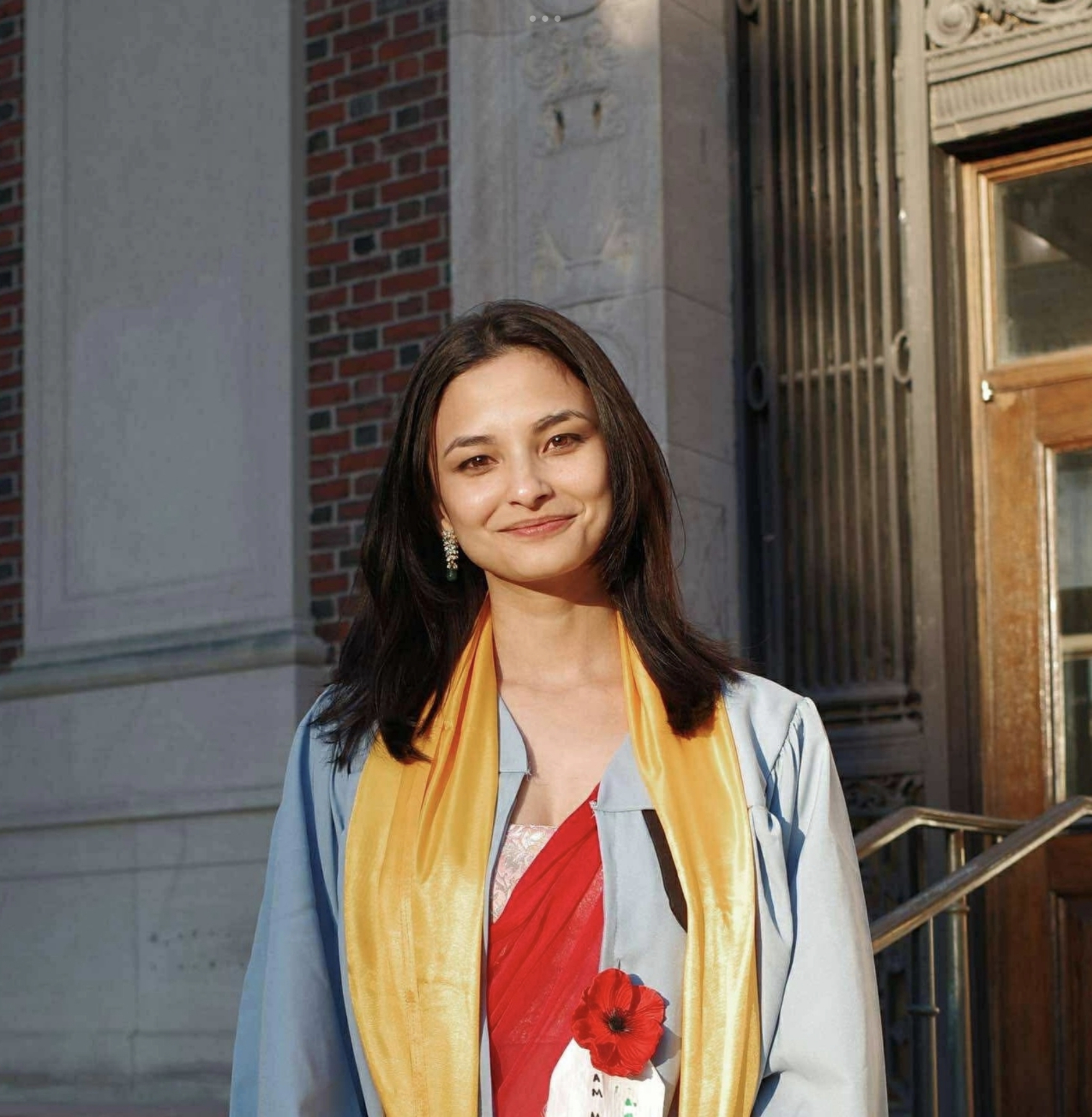Columns
The myth of neutrality
A “non-political” executive signalling neutrality is no antidote to corruption.
Niharika Tuladhar & Rumela Sen
In Nepal, political parties are often equated with patronage and paralysis, which makes the idea of a leader rising above “partisan bickering” especially appealing. It was therefore unsurprising that, in the wake of the Gen Z uprising in early September, the newly appointed interim Prime Minister, Sushila Karki, told BBC Nepali that she considered herself “non-political”—a remark seemingly crafted to project impartiality and distance herself from the bitter rivalries among the three dominant parties—the CPN-UML, the Nepali Congress and the Maoist Centre—now under heavy public scrutiny. It struck a chord with a public deeply weary of corruption and elite impunity.
But a “non-political” executive signalling neutrality is no antidote to corruption. To call electoral politics “the problem” is to delegitimise democratic contestation itself: It frames disagreement as dysfunction and protest as disorder. It is precisely in the shadows of non-committal neutrality, sheltered in technocratic sanctuaries, that democracy withers and corruption flourishes.
At the same time, it insulates ruling elites from public scrutiny by shifting power away from electoral competition into the closed domains of bureaucracy, security forces, or executive discretion. In effect, “apolitical” rhetoric can become a strategy of control: it weakens pluralism, sidelines political contestation, and portrays dissent as an obstacle rather than an essential feature of democracy.
This tension—between the dangers of political disengagement and the possibilities of democratic renewal—is at the heart of Nepal’s current moment, shaped by the recent youth-led Gen Z protests. If that energy of renewal is redirected into a sanitised language of civility and competence, and absorbed into elitist and technocratic chambers of power, we risk abandoning the messy but indispensable work of democratic politics.
When Nepal returns to the polls in four months, political parties will remain the indispensable vehicles of democratic mobilisation. Parties are the essential intermediaries between citizens and the state: They aggregate diverse interests, structure electoral competition and translate demands into governance. Without them, grievances voiced on digital platforms will fade in the streets rather than reshape governance. Only revitalised parties can channel these democratic demands into the formal arenas of power, ensuring they are not lost but embedded in the policies and practices of governance.
To delegitimise electoral politics is to delegitimise democracy itself, hollowing out the very spaces where reform must occur. The outcome is not stability but further concentration of power, deeper elite impunity, silenced voices, shrinking democratic spaces, and a legitimacy crisis that feeds elite capture and, in its worst forms, authoritarian populism. Technocracy, framed as impartiality, often insulates decision-making from public debate, leaving citizens with fewer tools to challenge those in power.
And in its most dangerous form, it paves the way for right-wing populism and authoritarian rule under the guise of stability. In Turkey, Erdoğan framed himself as rising above partisan divides to restore order, only to consolidate executive power. In Hungary, Orbán attacked “partisan bickering” to justify curbs on media and courts, entrenching illiberal rule. In the United States, Trump’s calls to reject “politics as usual” fueled a populist movement that undermined democratic norms and stifled opposition. In each case, appeals to being “apolitical” masked strategies to delegitimise opposition, concentrate power and protect elites.
South Asia offers similar cautionary tales. In Bangladesh, Sheikh Hasina portrayed dissent as partisan chaos, thereby justifying repression of opposition parties and restrictions on the press. In Sri Lanka, Gotabaya Rajapaksa came to power promising technocratic efficiency after the crisis, only to entrench family rule and shield elites from scrutiny. In India, Prime Minister Modi presented himself as a unifying force transcending traditional politics, while centralising power and weakening institutions. In each case, the language of being “apolitical” served not neutrality but the consolidation of power and the narrowing of democratic space.
On a positive note, Prime Minister Karki pledged to serve only six months, overseeing elections and a democratic transition, a signal of faith in democracy. But transitional leadership must guard against the easy cynicism that portrays politics as irredeemable. As Marx warned, when collective grievances are not organised through political parties, citizens risk being reduced to a lumpen mass—disconnected, easily swayed by demagoguery, and mobilised only in moments of anger rather than sustained democratic struggle.
The task now is to inspire younger generations, the same ones who filled the streets demanding accountability, to see politics not as a tainted arena but as the very stage on which they can build a more just and democratic future. At a time when pro-monarchy mobilisation is on the rise in Nepal, such disillusionment does more than sap energy from democracy—it risks turning back the clock on republicanism itself. The promise of Nepal’s democratic future lies not in transcending political competition but in revitalising political parties with programmatic politics that channels popular demands into policy change.




 9.89°C Kathmandu
9.89°C Kathmandu
















